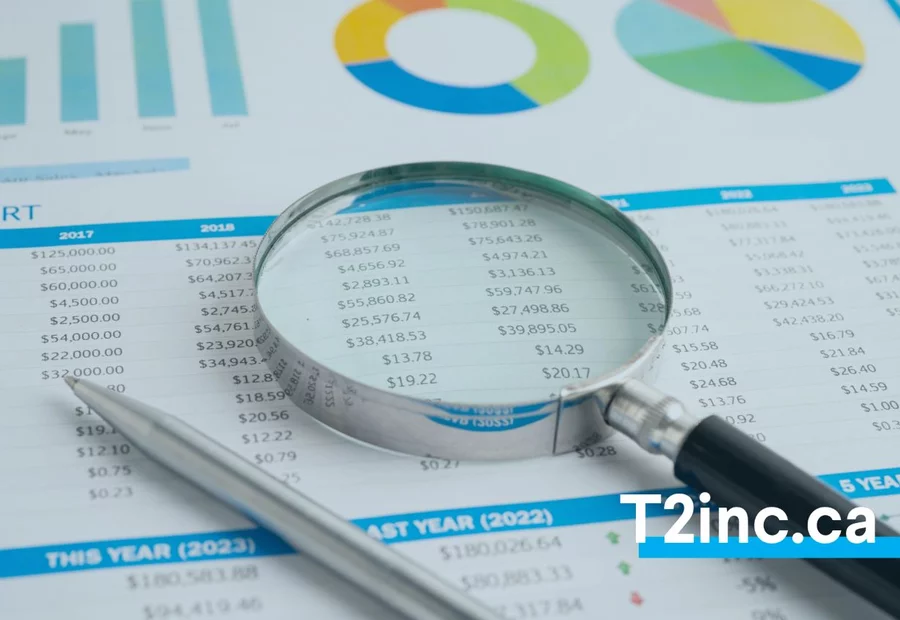Cash vs Accrual Accounting: What's the Difference Between These Two Methods?

When starting or managing a business, one question comes up all the time: Should you record your income and expenses when money actually enters or leaves your bank account, or when they are earned or incurred—even if payment hasn't happened yet?
These two approaches exist: cash accounting and accrual accounting. Both methods track the financial activity of your business, but they offer very different pictures of your operations and use a distinct method of accounting to determine when transactions should be recognized.
To understand which method applies to your situation (and which one is allowed for tax purposes), it's important to clearly distinguish between the two and understand how each affects your finances, tax filings, and cash flow planning.
What Is Cash Accounting? (Definition)
Cash accounting—also known as the cash basis or cash method—is the simplest and most intuitive approach. Under this method, revenue and expenses are recorded only when cash is actually received or paid out.
For example:
- An invoice sent but not yet paid → not recorded as revenue.
- An expense incurred but not yet paid → not recorded as an expense.
This method reflects your real-time cash flow, which can be helpful for simple, small operations. However, it does not provide a complete long-term financial picture, because it excludes your financial commitments (accounts receivable and accounts payable).
What Is Accrual Accounting? (Definition)
Accrual accounting—also called the accrual method or accrual basis—is the required method in Canada for preparing financial statements and filing corporate income tax returns.
Under this method, transactions are recorded when revenue is earned, and when expenses are incurred, even if no money has been received or paid yet.
Accrual accounting provides a complete and accurate picture of your financial performance by including:
- accounts receivable,
- accounts payable,
- accrued expenses,
- provisions,
- proper revenue and expense matching within the correct period
It reflects the true profitability and overall financial health of your business and complies with Canadian accounting frameworks such as IFRS.
Cash vs Accrual Accounting: How to Choose the Right Method
In most situations, there is no real "choice." Your required method depends on:
- your legal structure (self-employed or incorporated),
- the complexity of your operations,
- your management needs (cash flow vs profitability),
- and your tax obligations.
In practice, you may use cash accounting only if you are an eligible self-employed individual under CRA rules. Canadian small businesses that are incorporated must use the accrual method for corporate tax filing and financial statements.
This makes accrual accounting the preferred—and generally required—method for most incorporated Canadian SMEs.
Comparison Table: Cash Accounting vs Accrual Accounting
| Criteria | Cash Accounting | Accrual Accounting |
|---|---|---|
| When transactions are recorded | When cash is received or paid | When revenue is earned or expenses are incurred |
| Accounts receivable/payable | Not recorded | Recorded as soon as they exist |
| Financial visibility | Immediate cash position | Full profitability and financial health |
| Common usage | CRA-eligible activities (limited cases) | Financial statements, corporate tax returns (T2/CO-17) |
A Practical Example to Better Understand the Difference
Let's look at a simple example.
You operate an incorporated business in Québec. On December 22, you issue a $30,000 invoice to a client. They won't pay until April.
- Accrual accounting: The revenue is recorded in December, when the work is completed and the invoice sent. GST/QST must also be reported for that period according to tax rules.
- Cash accounting: The revenue would only be recorded in April, when the cash is received.
This example illustrates a common challenge for SMEs: under accrual accounting, taxes and corporate income tax may be due before the cash is received—making cash flow planning essential.
Can You Change Your Accounting Method?
Yes, you can switch from cash to accrual accounting, but it must be done carefully.
A change usually happens when:
- you move from being self-employed to becoming an incorporated business,
- you need more complete or standardized financial statements,
- or your operations grow more complex.
Switching from cash to accrual accounting requires adding your accounts receivable and accounts payable, adjusting your opening balances, ensuring proper documentation, and complying with CRA rules. Depending on your situation, accrual accounting may be required immediately after incorporation.
In some cases, CRA requires you to document or declare the change to avoid discrepancies or reassessments. A poorly executed conversion can lead to double counting or incorrect income reporting, so it's recommended to have a CPA or accounting professional validate the transition.
T2inc.ca Can Help You Understand These Two Accounting Methods
Choosing between cash and accrual accounting is not just about selecting a bookkeeping method—it affects how you track your results, plan your cash flow, and meet your tax obligations.
For incorporated businesses, accrual accounting is generally the required method. Cash accounting applies only to certain eligible self-employed individuals under CRA rules.
If you'd like guidance from our CPA team or our accounting partners regarding your business accounting, feel free to contact us. We can also assist you in preparing your corporate income tax returns.
Contact our experts
Have a question? Need help? Fill out our online form to get help from our experts.
Contact usNeed more help?
Contact us by filling out our form
Are you interested in our services, but would like more information before taking the plunge? Contact us today and one of our tax accountants will be in touch to help you.
At T2inc.ca, we're committed to helping business owners manage their company's tax affairs so they can grow their business.




